Water security and food security are intrinsically linked. But we are moving far too slowly to make safe and clean water and sanitation accessible to everyone, and falling dangerously short in the quest to achieve zero hunger by 2030. Our current status and the prevailing trends in implementing the Sustainable Development Goals (SDGs) are putting humanity on a very risky path.
Agriculture, our biggest water user, will need to respond to an estimated 50 percent increase in global food demand over the next 20 years. We must accomplish this by significantly increasing productivity, diversifying crops, and improving resource use efficiency. Recent projections from the Food and Agriculture Organization (FAO) indicate that ‘business as usual’ could lead to an unsustainable 30 percent increase in agricultural water withdrawals. Meanwhile, household, industrial, and energy uses continue to rise, and there is less predictability and more volatility in water supply due to climate change. We are also facing increased water demand for climate mitigation measures such as for biofuels, hydrogen generation and commitment of reservoir capacity for hydropower (reported here) that further add to these pressures. These stressors have the potential to exacerbate conflict risks across regions and sectors.
A major paradigm shift is needed to rebalance policies, financing methods and levels, production and consumption patterns, and our lifestyle choices.
Water Policy Group’s Global Water Policy Reports 2021 and 2023 indicate that national water leaders see climate change as the highest risk to achieving their water objectives. The reports also indicate that national government leaders responsible for health, energy, environment, and food security do understand the significance of water for their sectoral objectives, but adequate responses are few and far between because water is not high enough on government agendas or is a low funding priority.
It is high time we turn this picture around and significantly accelerate our efforts towards achieving the SDGs and their targets for water and food security for all. A rapidly closing window of opportunity exists for governments to elevate water among national priorities, develop cross-sectoral policy, and improve governance that promotes efficient water use while protecting the underprivileged including women, youth, indigenous communities, and smallholder farmers.
Sound national water policies will enhance national and global food security, provide major climate adaptation and mitigation benefits, support economic development, help stop and reverse biodiversity loss and environmental degradation and reduce disaster risk—all while providing water security for all.
Water security remains the most accessible building block for SDG 2 toward zero hunger. It also supports the full suite of SDGs as well as our collective quest to halt global warming through a just transition to a low-carbon global economy. Water is too often taken for granted, despite having an extraordinarily high return on investment ratio.
Water Policy Group can support governments in their efforts. Our proposed ‘global scaffolding’ can provide the principles and guidance that may assist in achieving the right balance and the elusive ‘win-win’ solutions across sectors. When implemented, this ‘scaffolding’ would complement FAO’s National Water Roadmaps initiative.
Water Policy Group
16 October 2023
